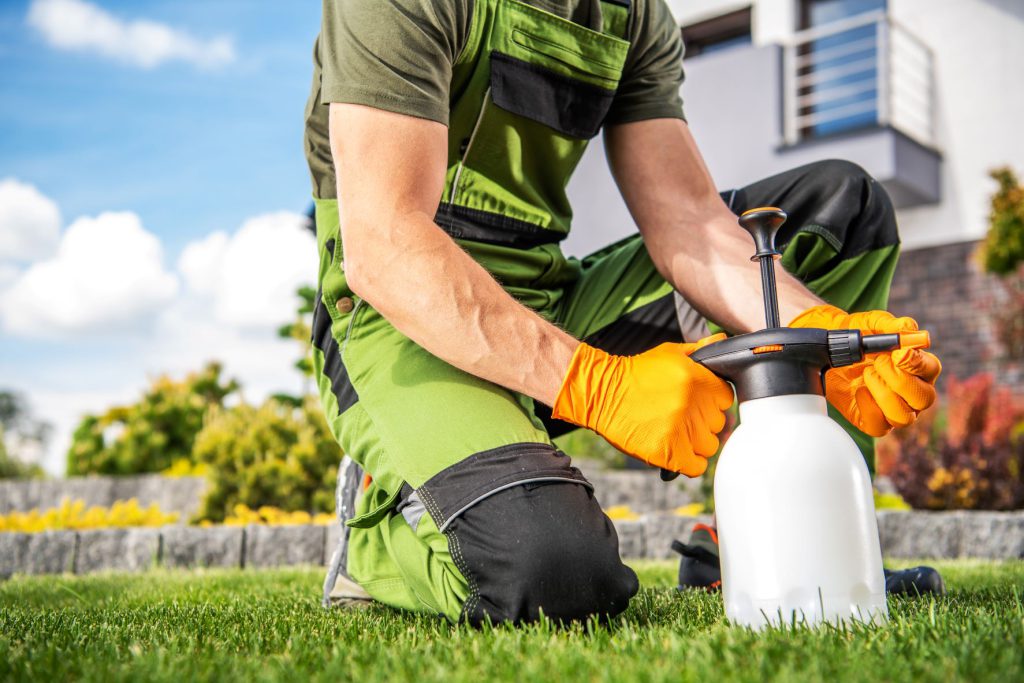What Should I Do First in My Garden?
Before you plant anything, make sure to understand the needs of your garden. You can start by preparing the soil for planting. To help your garden stay healthy, you might also want to fertilize or mulch it. After you’ve prepared the soil, you can begin to plant vegetables.
Preparing soil for a garden
Preparing the soil is an important step to ensure a healthy garden. It gives your plants plenty of nutrients and water. It also keeps the soil moist and drains well. The topsoil as well as the upper layer are particularly healthy and biologically productive. They are also home to earthworms, and other microbes.
Topsoil is a mixture of minerals and weathered rocks. The other half of the soil is organic matter, which comes from decomposing plant debris and organisms like earthworms, fungi, and lichens. These organisms are responsible for breaking down plant debris, aerating the soil, and fixing nitrogen in the soil.
Planting vegetables
Before you plant any vegetables in your garden’s soil, you need to first assess the soil. Vegetables grow best in well-drained soil that contains organic matter and compost. A certain amount of water is also required by plants every week. They require at least 1 inch of water per week. However, this depends on the type and location of the plant.
Plants grow best in slightly acidic soils with pH 6.0 to 6.8. They also thrive in soil that’s sandy, silty or clay.

Mulching
Mulching is a great way to control moisture in your garden. Organic materials make the best mulch. Organic materials include grass clippings and straw as well as bark. These organic materials will decay faster than other types. Apply two to four inches of mulch to a garden bed. Once the mulch is placed, water it in.
You should thin and taper the mulch around trees and other structures. Different types of mulch come in different textures. A popular choice is pine straw. Shredded hardwood bark can also be used. You can also mulch your garden with grass clippings. These materials will add nitrogen to your lawn and act as a natural fertilizer.
Fertilizing
Fertilizing your garden is an important part of caring for your plants. Fertilizing your garden correctly can make a big difference in how your plants grow. Fertilizing your garden before planting will help your plants grow healthy and vigorously. Spring planting is a good time to fertilize most vegetables.
It’s recommended to fertilize your garden at least twice a year. In the spring before the seeds are sown and in the fall when the perennials are starting to grow. To encourage a healthier garden, fertilize your soil with a natural fertilizer. Depending on what type of plant you grow, fertilizing can make a big difference. For instance, lettuce, kale, and blueberries grow quickly and need fertilization early on. Squash, tomatoes and corn tend to grow slower than other crops, so fertilizer should not be added until later.
Checking for weeds
It is important to check for weeds in your garden. Weeds often provide important information about the health of your soil, including moisture levels and compaction. While some weeds are harmful to plants, others can be beneficial. They can be used as a living mulch and attract beneficial insects and pollinators into your garden.
Weeds can be a sign of a problem within your garden. If you notice large patches of weeds, it could be a sign that your soil is not nutrient-deficient or compacted. This may require remedial action. You should use a weed identification guide in such situations.
Watering
For your plants to survive, it is vital that you water your garden. You must water your garden thoroughly, unlike in the home where you can be more frugal. This helps plants adapt to new environments. Watering depths should vary based on the type of plant.
Most plants require regular watering. Even plants that are drought-tolerant require watering from time to another. There are a variety of ways to water your garden, including watering in the morning or afternoon, using a sprinkler, or watering the whole garden bed at once.
Leave a Reply